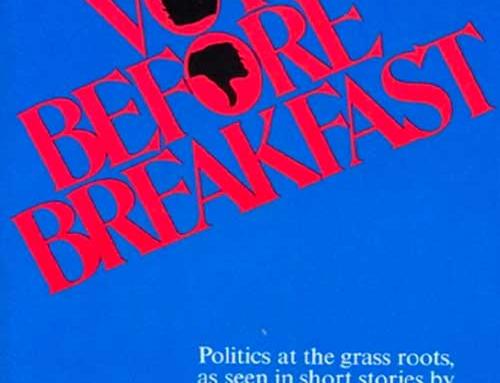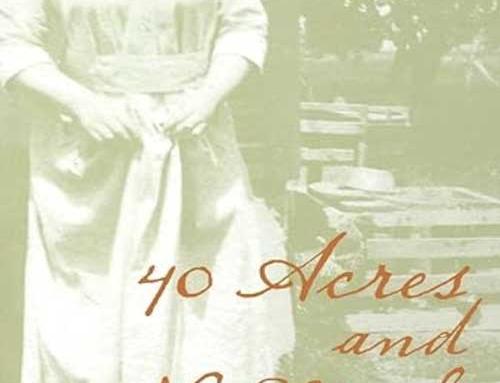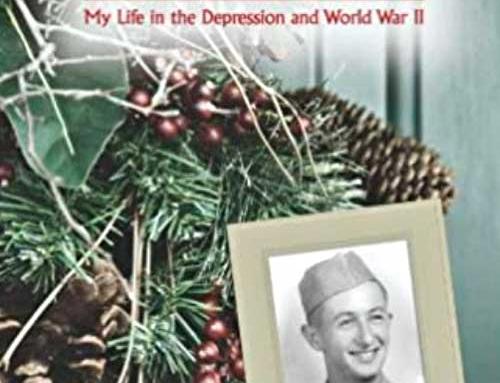 The Regional Readers book group meets Tuesday, July 27 in the JSF Conference Room. Coffee and conversation at 2:00 pm; book discussion at 2:30 pm.
The Regional Readers book group meets Tuesday, July 27 in the JSF Conference Room. Coffee and conversation at 2:00 pm; book discussion at 2:30 pm.
The July selection is A Long Row to Hoe by Billy C. Clark. In this fascinating and highly readable book, Clark writes of his own astonishingly primitive childhood in an Appalachian river town – Catlettsburg, Kentucky, at the junction of the Big Sandy and the Ohio rivers. Clark was a member of a sprawling, ragged family. His father was an intelligent, fiddle-playing shoemaker with little formal education. His mother often took in washing to help provide food for the family. Billy grew up in a derelict house on the banks of the Ohio. Always hungry, often dirty, and without sufficient clothing, he led an adventurous life on the two rivers, swimming, fishing, and salvaging flotsam from the frequent floods. He set trotlines for fish and trap lines for mink and muskrats, and he walked 14 miles before school to clear his traps. He learned laughter from his magnificent mother and wisdom from his father, who taught him that “poor folks have a long row to hoe.” Billy was the only one of his family to seek education, and through his traps, river salvage, and odd jobs earned money to put himself through school. The book ends with a powerful account of his parents’ pride at his graduation. Time Magazine called the book “as authentically American as Huckleberry Finn.” It is a touching account of a boy and two rivers and is a must for anyone interested in Appalachian history or literature.
The book group is open to all and new members are always welcome. We encourage suggestions for the 2021 reading list.
The Regional Readers book group meets Tuesday, July 27 in the JSF Conference Room. Coffee and conversation at 2:00 pm; book discussion at 2:30 pm.
The July selection is A Long Row to Hoe by Billy C. Clark. In this fascinating and highly readable book, Clark writes of his own astonishingly primitive childhood in an Appalachian river town – Catlettsburg, Kentucky, at the junction of the Big Sandy and the Ohio rivers. Clark was a member of a sprawling, ragged family. His father was an intelligent, fiddle-playing shoemaker with little formal education. His mother often took in washing to help provide food for the family. Billy grew up in a derelict house on the banks of the Ohio. Always hungry, often dirty, and without sufficient clothing, he led an adventurous life on the two rivers, swimming, fishing, and salvaging flotsam from the frequent floods. He set trotlines for fish and trap lines for mink and muskrats, and he walked 14 miles before school to clear his traps. He learned laughter from his magnificent mother and wisdom from his father, who taught him that “poor folks have a long row to hoe.” Billy was the only one of his family to seek education, and through his traps, river salvage, and odd jobs earned money to put himself through school. The book ends with a powerful account of his parents’ pride at his graduation. Time Magazine called the book “as authentically American as Huckleberry Finn.” It is a touching account of a boy and two rivers and is a must for anyone interested in Appalachian history or literature.
The book group is open to all and new members are always welcome. We encourage suggestions for the 2021 reading list.





